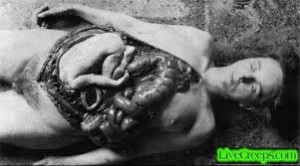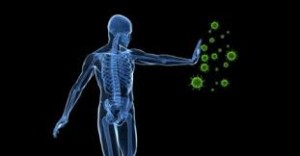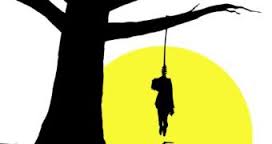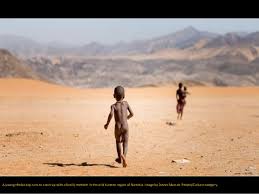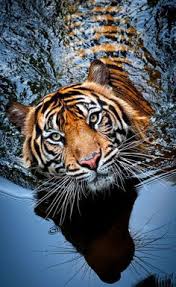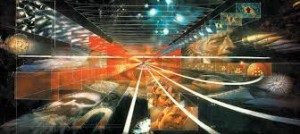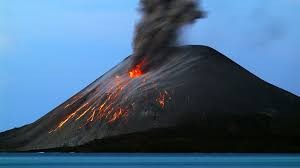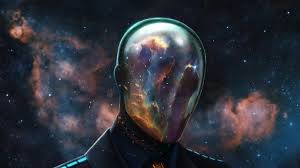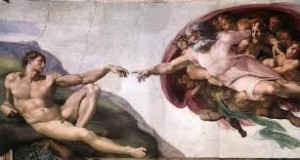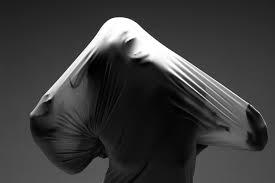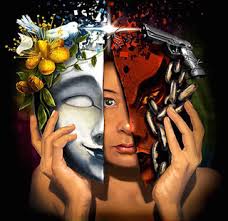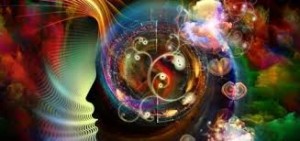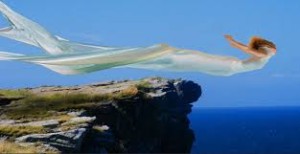We live in a physical community, but we live first in a community of thoughts and feelings. There trigger our physical actions. They directly affect the behavior of our body. The experience of the animals is different, yet in their own ways animals have both individual intent and purpose. Their feelings are certainly as pertinent as ours. They dream, and in their way they reason.
They do not “worry.” They do not anticipate disaster when no signs of it are apparent in their immediate environment. On their own they do not need preventative medicine. Pet animals are inoculated against diseases, however. In our society this almost becomes a necessity. In a “purely natural” setting we would not have as many living puppies or kittens. There are stages of physical existence, and in those terms nature knows what it is doing. When a species over-produces, the incidences of, say, epidemics grow. This applies to human populations as well as to the animals.
The quality of life is important above all. Newborn animals either die quickly and naturally, painlessly, before their consciousnesses are fully focused here, or are killed by their mothers — not because they are weak or unfit to survive, but because the [physical] conditions are not those that will produce the quality of life that makes survival “worthwhile.”
The consciousness that became so briefly physical is not annihilated, however, but in our terms waits for better conditions.
There are also “trail runs” in human and animal species alike, in which peeks are taken, or glimpses, of physical life, and that is all. Epidemics sweeping through animal populations are also biological and psychic statements, then, in which each individual knows that only its own greatest fulfillment can satisfy the quality of life on an individual basis, and thus contribute to the mass survival of the species.
Suffering is not necessarily good for the soul at all, and left alone natural creatures do not seek it. There is a natural compassion, a biological knowledge, so that the mother of an animal knows whether or not existing conditions will support the new offspring. Animals instinctively realize their relationship with the great forces of life. They will instinctively starve an offspring while its consciousness is still unfocused, rather than send it loose under adverse conditions
In a natural state, many children would die stillborn for the same reasons, or would be naturally aborted. There is a give-and-take between all elements of nature, so that such individuals often choose mothers, for example, who perhaps wanted the experience of pregnancy but not of birth — where they choose the experience of the fetus but not necessarily [that] of the child. Often in such cases these are “fragmented personalities,” wanting to taste physical reality, but not being ready to deal with it. Each case is individual, however, so these are general statements.
Many children, who, it seems, should have died of disease, of “children epidemics,” nevertheless survive because of their different intents. The world of thought and feeling may be invisible, and yet it activates all physical systems with which we are acquainted.
Animals as well as men can indeed make social statements, that appear in a biological context. Animals as well as men can indeed make social statements, that appear in a biological context. Animals stricken by kitten and puppy diseases, for example, choose to die, pointing out the fact that the quality of their lives individually and en masses is vastly lacking. Their relationships with their own species is no longer in balance. They cannot use their full abilities or powers, nor are many of them given compensating elements in terms of a beneficial psychic relationship with man and woman — but instead are shunted aside, unwanted and unloved. An unloved animal does not want to live.
Love involves self-respect. The trust in individual biological zest and integrity. To that extent, in their way animal epidemics have the same causes as human ones.
Animals can indeed commit suicide. So can a race or a species. The dignity of a spirited life demands that a certain quality of experience be maintained.
The infamous “Black Death,” were (and still are) spread to man by fleas carrying a bacterium from infected rats. Other forms of affliction are carried by other rodents. The complicated interactions and communications involving all forms of life, man’s and woman’s deep dissatisfactions would have periodically helped trigger the resurgence of scourges like the plagues: In 3rd-century Rome, for instance, several thousand people were said to have died each day; estimates are that over a 20-year period in the 14th century three-quarters of the population of Europe and Asia perished; there was the great plague of London in 1665, and so forth.
Many can thankfully praise a given doctor for discovering a disease condition ‘in time.’ so that effective countering measures were taken and the disease was eliminated. We cannot know for sure, of course, what would have happened otherwise. To those people who wanted to die. If they did not die of the disease, they may have ‘fallen prey’ to an accident, or died in a war, or in a natural disaster.
They may have been ‘cured’ whether or not they had treatment, and gone on to lead productive lives. We do not know. A man or woman who is ready to die, if saved from one disease will promptly get another, or find a way of fulfilling that desire. Our problem there rests with the will to live, and with the mechanisms of the psyche.
The English naturalist, Charles Darwin (1809-1882), maintained in his theory of organic evolution that all plants and animals develop from their own previous forms by inheriting minute variations through succeeding generations, with those forms best fitted to the environment being the ones most likely to survive.
Amazingly, another English naturalist, Alfred Wallace (1823-1882), independently developed a similar theory, and the two men had their work presented to science in the same paper in 1858. The next year Darwin published his The Origin of Species.


